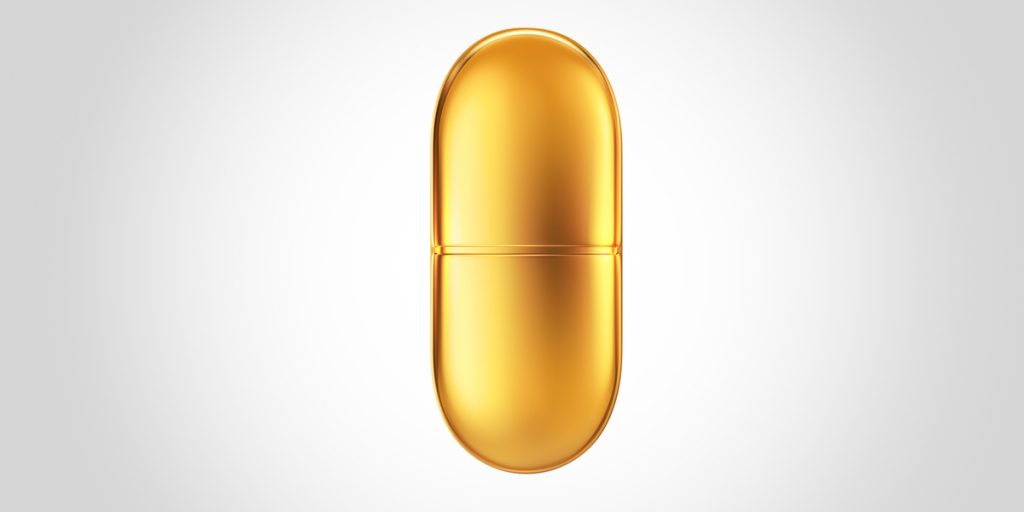While developing a drug called branaplam for patients with SMA, the pharmaceutical company Novartis discovered that it could hold promise for people with HD. The FDA has granted a special status called Orphan Drug Designation to branaplam.
An existing drug…for huntingtin lowering?
The pharmaceutical company Novartis has announced that the U.S. Food and Drug Administration (FDA) has granted orphan drug status to branaplam for treatment of Huntington’s disease.
Branaplam was originally developed for the treatment of the neurological disorder spinal muscular atrophy (SMA) and is still under clinical investigation for this purpose. Branaplam works by interfering with how genetic messages are processed in cells and can increase the levels of a protein called SMN2. Boosting levels of SMN2 helps SMA patients who have lower levels of this protein which is the underlying cause of the disease in many cases.
Interestingly, it seems that branaplam also reduces the levels of the huntingtin gene message and the huntingtin protein. This is what huntingtin-lowering therapies all aim to do and is how many researchers and companies hope to treat Huntington’s disease.
The huntingtin-lowering therapies currently in clinical trials need to be given through spinal injections or brain surgery. Unlike these, branaplam is a small molecule drug, which means it can be taken as a tablet. If Novartis can show that branaplam is an effective treatment for HD, this would mean that it could be given as a pill, a more convenient option for HD patients!
Orphan Drug Designation – and what’s next
The FDA’s decision to grant orphan drug status is usually done when a medicine is being developed for the treatment of a rare disease like Huntington’s disease. Granting orphan drug status can provide benefits and incentives to the company who has developed the drug, in this case Novartis, to encourage the development of new medicines for diseases with only a small population of patients.
There is still a lot that scientists don’t understand about using branaplam to treat HD patients. Pill-based treatments are expected to work on the whole body, not just the brain and it is not very clear what the effects of lowering huntingtin everywhere might be. Additionally, we already know that branaplam can alter the levels of both SMN2 and huntingtin so it is probably the case that levels of other proteins might also change with branaplam treatment. Without a complete and precise understanding of what scientists call the “mechanism of action” of a drug, this could make it complicated to work out exactly how branaplam treatment might alter HD symptoms. The good news is that the drug has already been shown to be safe in small groups of SMA patients.
Novartis is now designing a Phase II clinical trial for patients with HD, which is planned for launch in 2021. We hope to bring you more updates soon!







